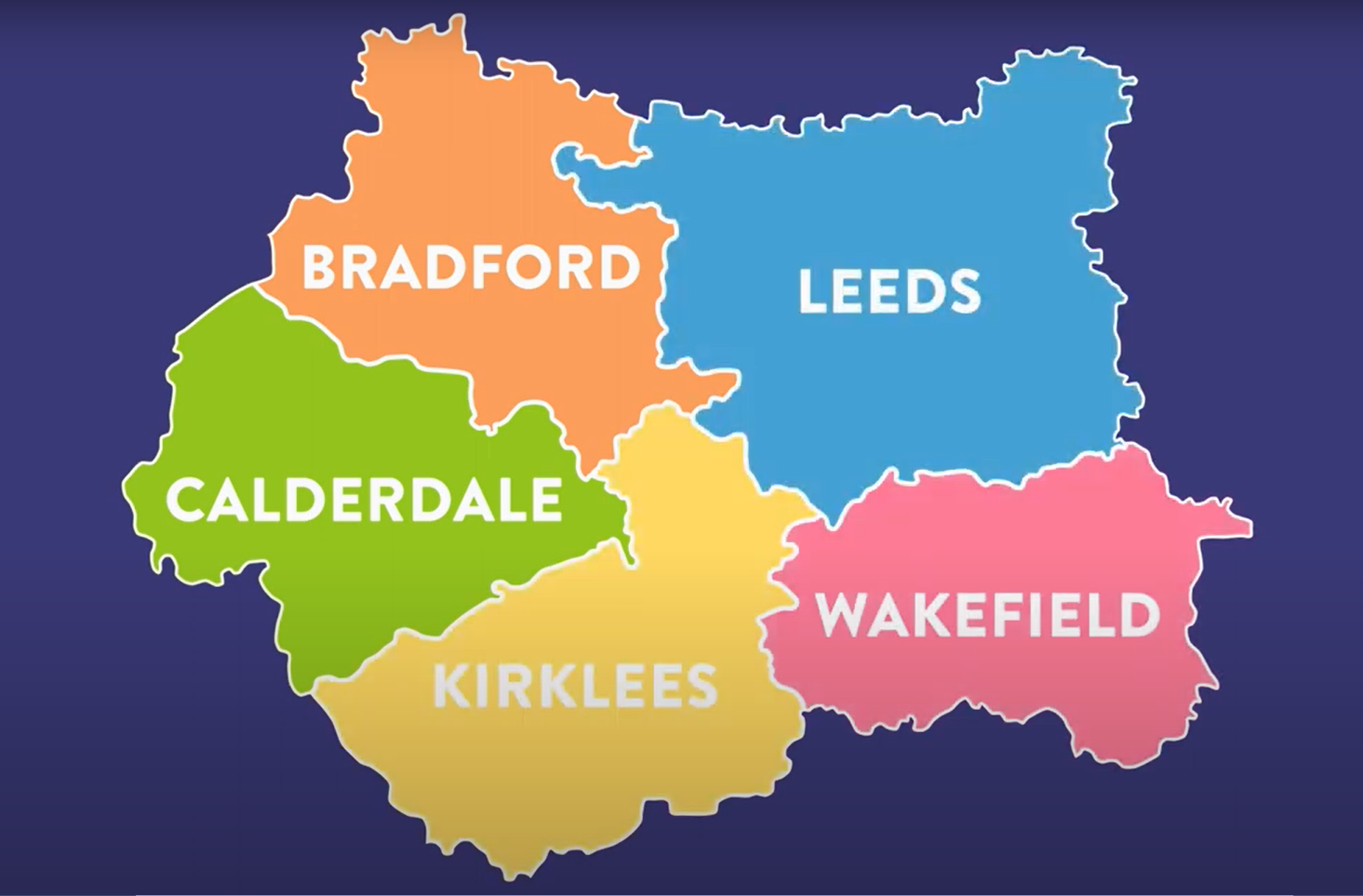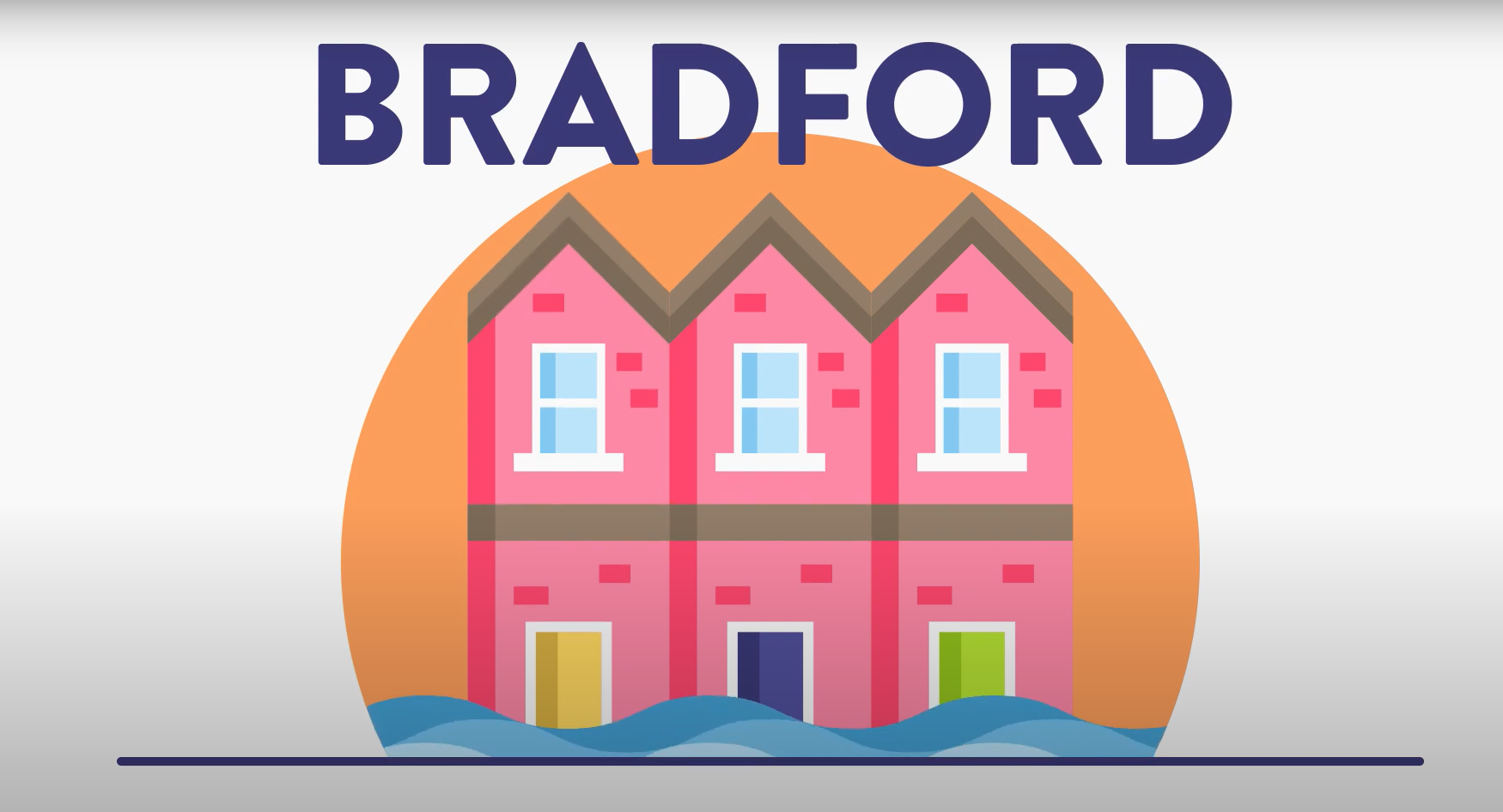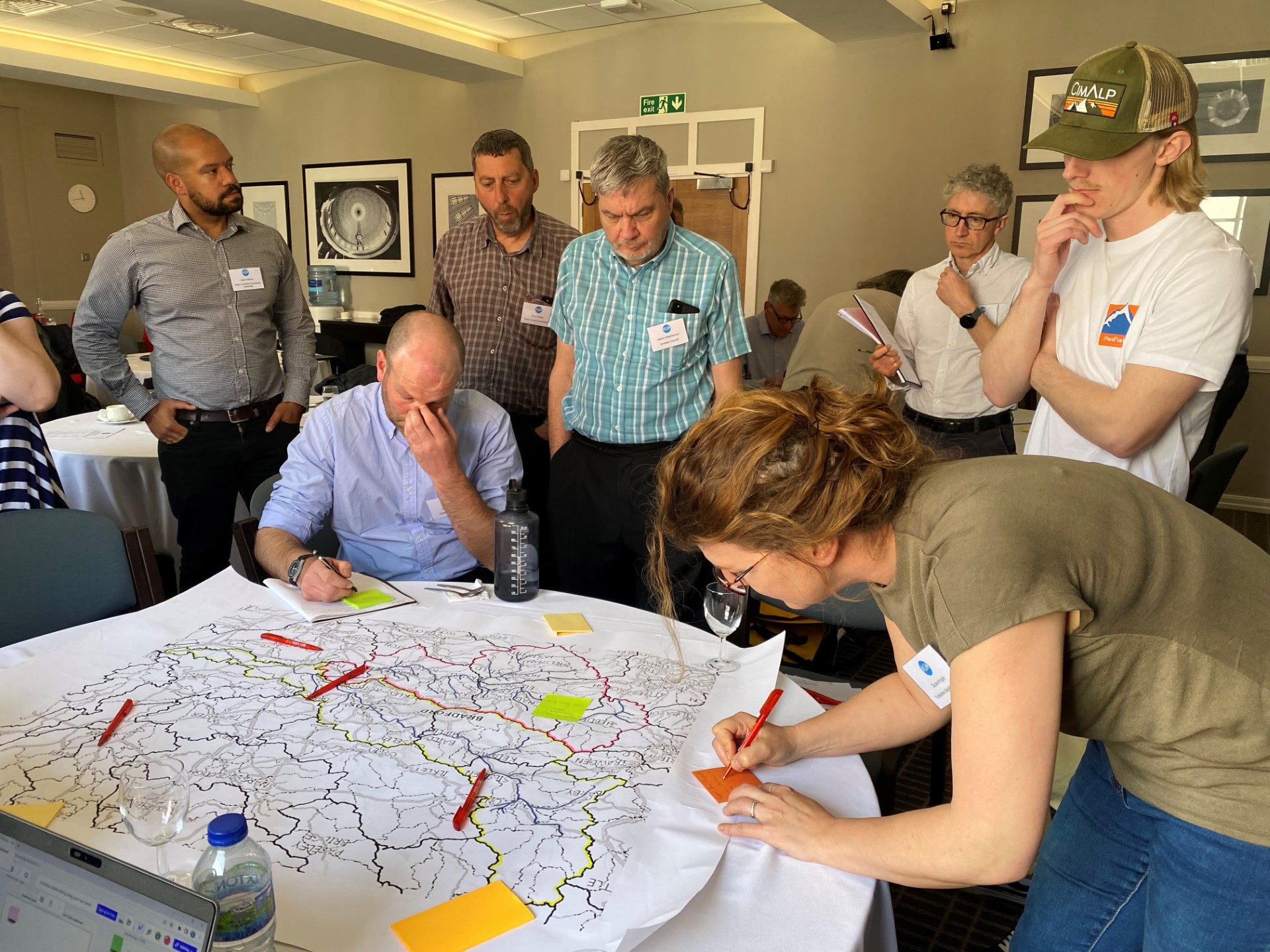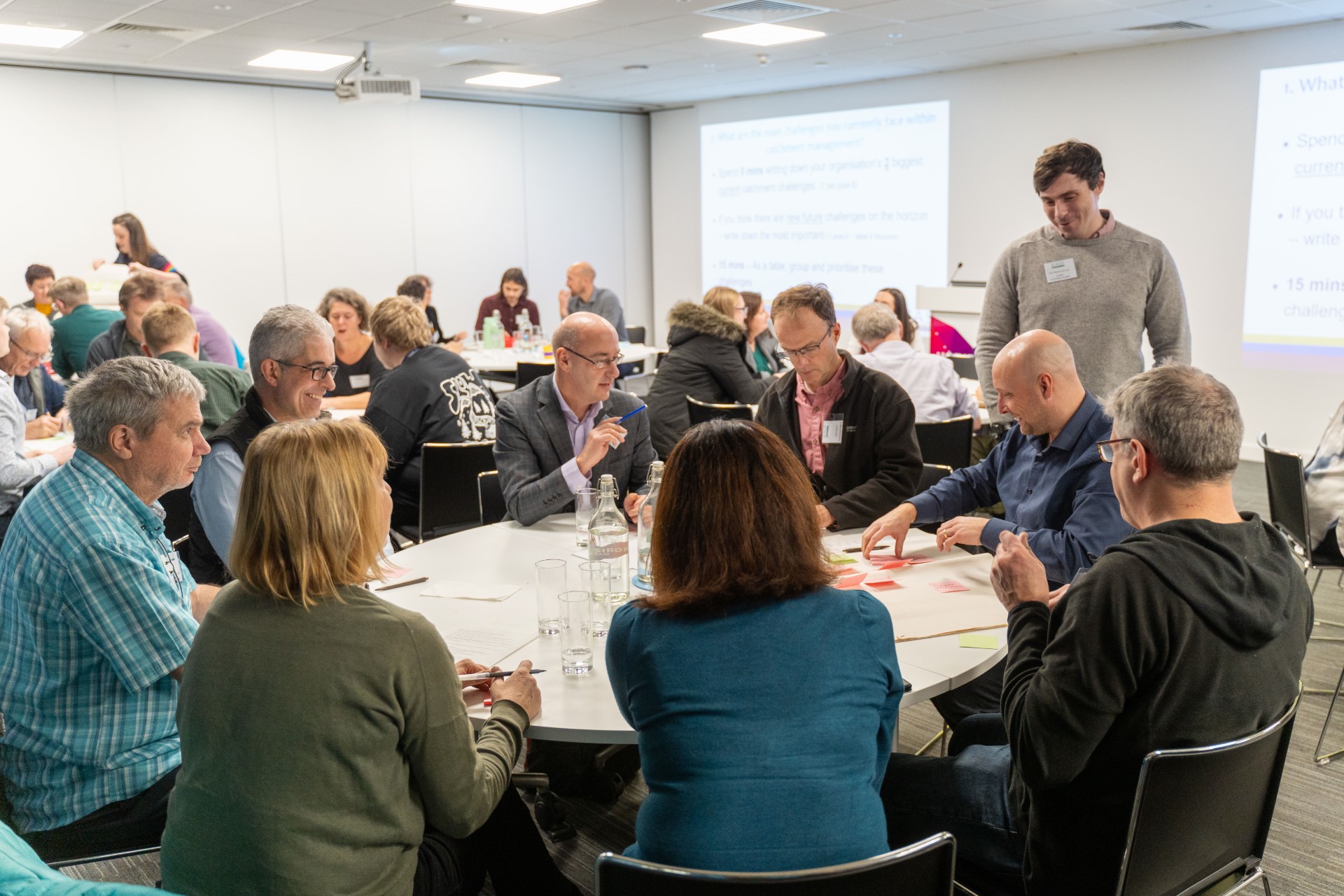A collaborative, innovative programme to reduce the impact of flooding and climate change in the region
Five lead Local Flood Authorities West Yorkshire have launched an innovative programme to make the region more resilient to flooding and climate change. The Environment Agency and West Yorkshire Combined Authority are also partners, they have support from local stakeholders including academic partners, community based groups, Third Sector organisations and Yorkshire Water.
iCASP will also provide scientific lead, ensuring the latest research is embedded into new techniques employed across the region and provide an evaluation framework.
Partners successfully bid for £160k local levy funding from Yorkshire Regional Flood and Coastal Committee to get the programme started.
The West Yorkshire Flood Innovation Programme (WY FLIP) will work at catchment level and across administrative boundaries.
This ambitious programme will explore new ways of working including bringing together people who do not normally work together such as representatives from the private sector, community groups, charities and volunteers with a keen interest in flood resilience.

Programme Team
- Jonathan Moxon, Leeds City Council Flood Risk Manager
- Professor Joseph Holden, University of Leeds
- Dr Steph Bond, iCASP Impact Translation Fellow
- Cath Seal, iCASP Communications Officer
Programme Spokesperson
Councillor Dr Jane Scullion, Chair of the West Yorkshire Flood Risk Partnership, also Deputy Leader of Calderdale Council leading on regeneration and strategic issues.


The West WY FLIP Programme Board has representatives from the five local flood authorities, the Environment Agency and West Yorkshire Combined Authority. It will be chaired by Leeds City Council.
A steering group, made up of representatives across a range of sectors within West Yorkshire including those outside flood risk management, will use their expertise to steer the activities within the programme and implement the West Yorkshire FLIP Roadmap.

Each local authority will take the lead on one of them:

Nature Based Solutions & Natural Flood Management
The use of Natural Flood Management and Nature Based Solutions is still quite limited across the region compared to its potential. This programme will look to drive a scaling up of programmes that include this work, developing solutions and answering questions that currently represent gaps around areas relating to planning, governance and long term funding and management

Integrated Water Management Solutions
Promoting the coordinated development and management of water, land, and related resources to maximise the economic and social benefits while minimising impacts on the environment. For example, preventing and decreasing flooding through upland management which would reduce drainage costs downstream and protect ecological systems and enhance quality of life.

Property Flood Resilience Measures
This theme will focus on communities that suffer frequent flooding. We will pilot techniques to use property flood resilience (PFR) solutions to reduce the risk of flood damage to properties in Bradford. This theme looks into training, engagement and support across the community to provide long term, sustainable benefits. A number of gaps have been identified and areas where current approaches to PFR installations don’t offer long term success. This theme will look at projects that will work different to offer solutions to these issues.

Enhanced Flood Warning Systems
This theme will focus on using social media and the latest rainfall and flood forecasting technologies, working with Universities and the Met Office, to make real time information available to incident managers and communities. It will help inform responses to surface water flooding – currently flood warnings and forecasting are focused on river and coastal flooding. We will look to develop new tools and technologies as well as platforms to share this information.

Helping the community and voluntary sector to be better prepared and recover more quickly
The innovation in this theme will see the flood and resilience sectors working more closely to provide a higher standard of community led resilience by providing more support and training to empower communities. It will involve developing and supporting a network of community resilience champions. Work in this theme will focus on challenges related to insurance. We will look to deliver improvements to both awareness and support around mental health in relation to flood and climate risks.
Project Updates:



